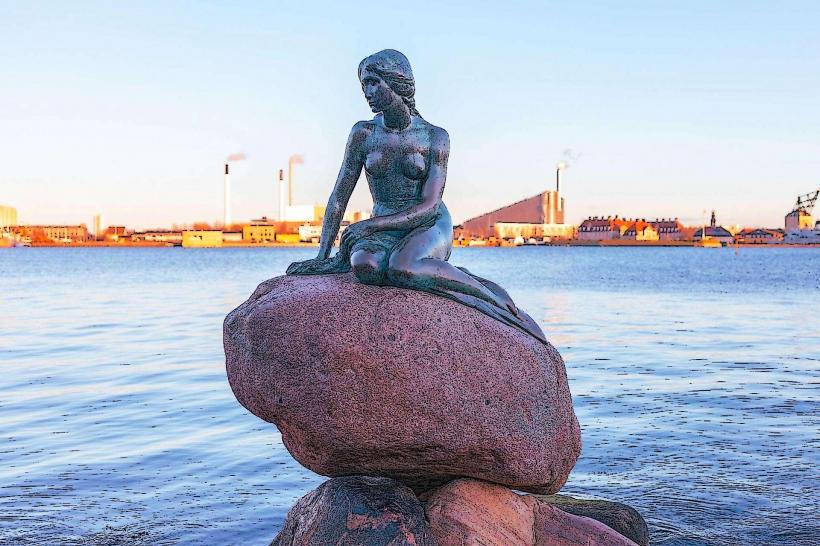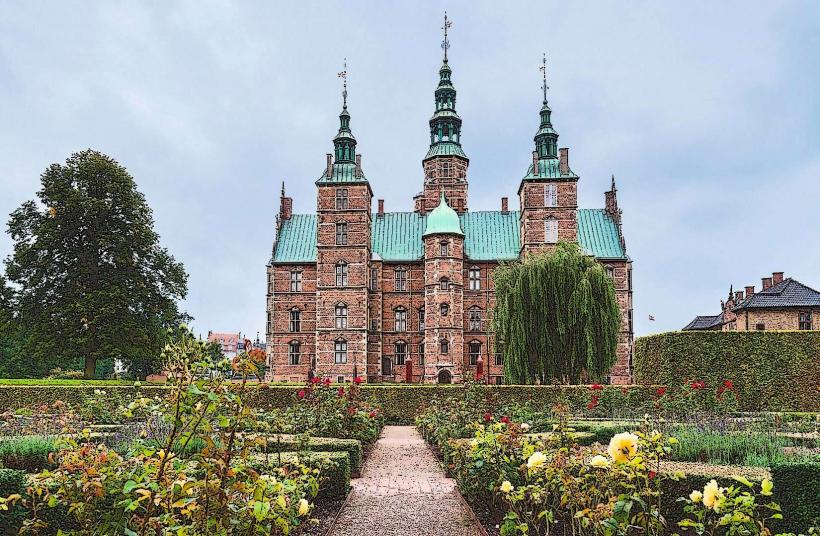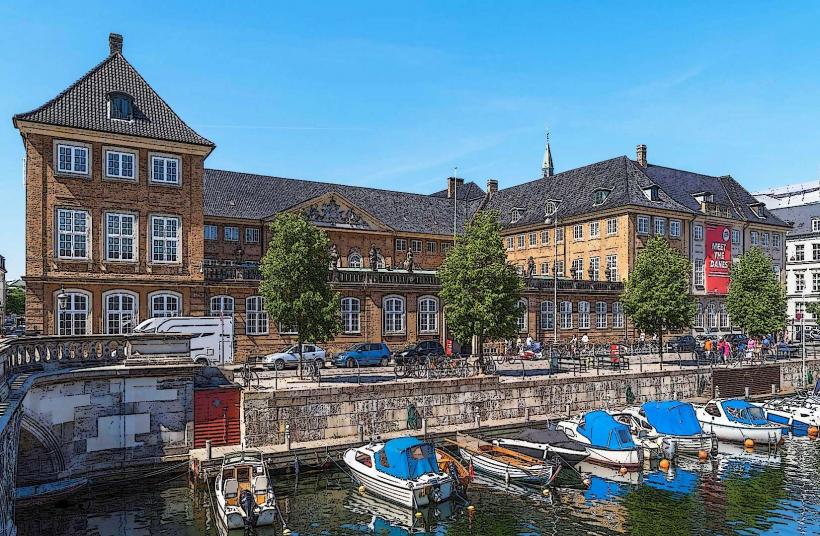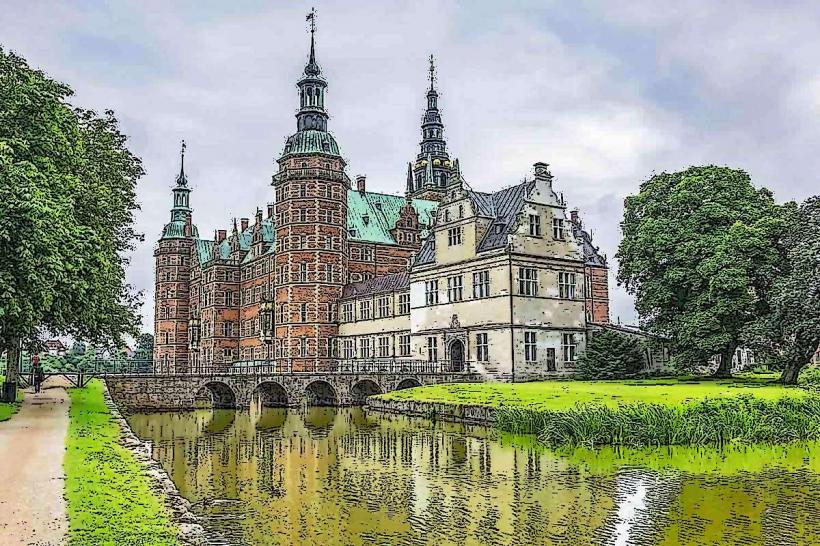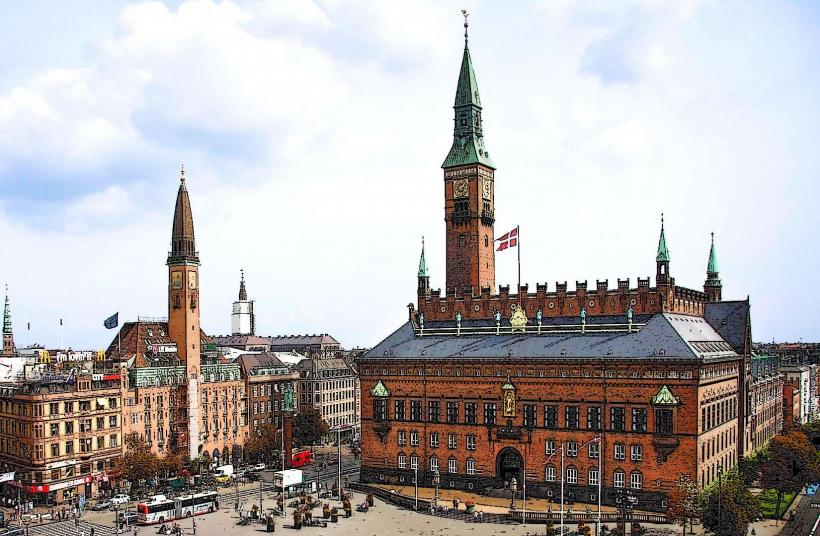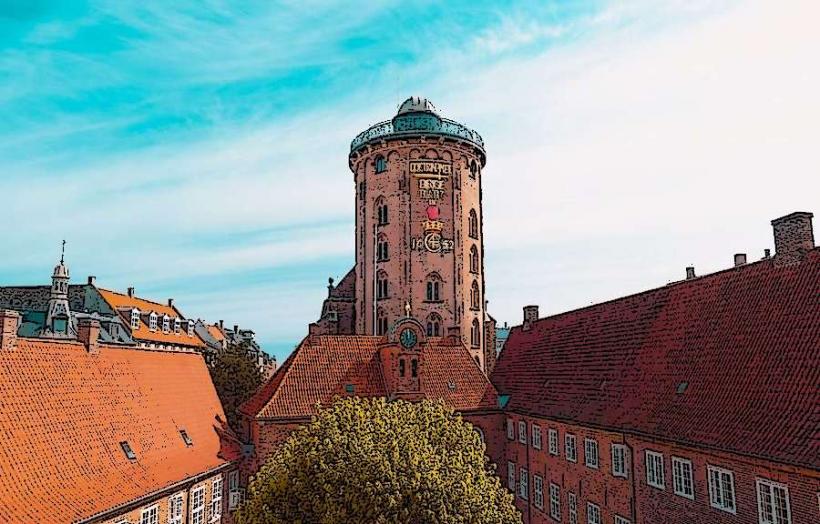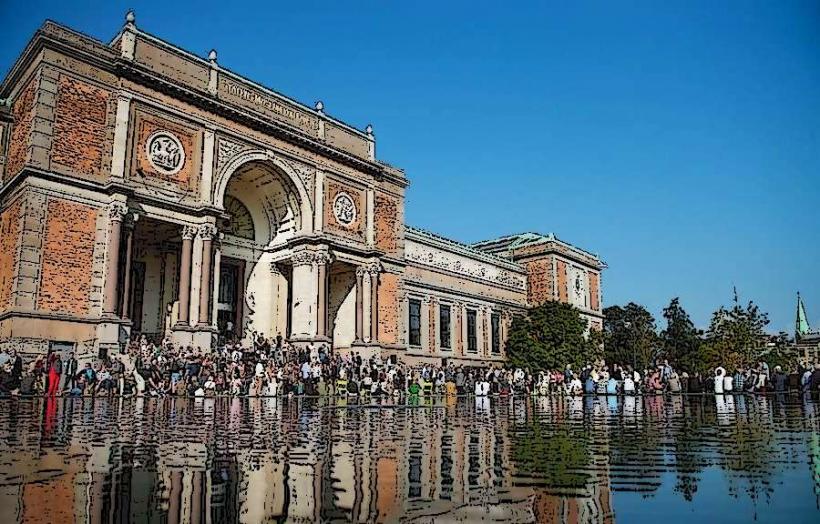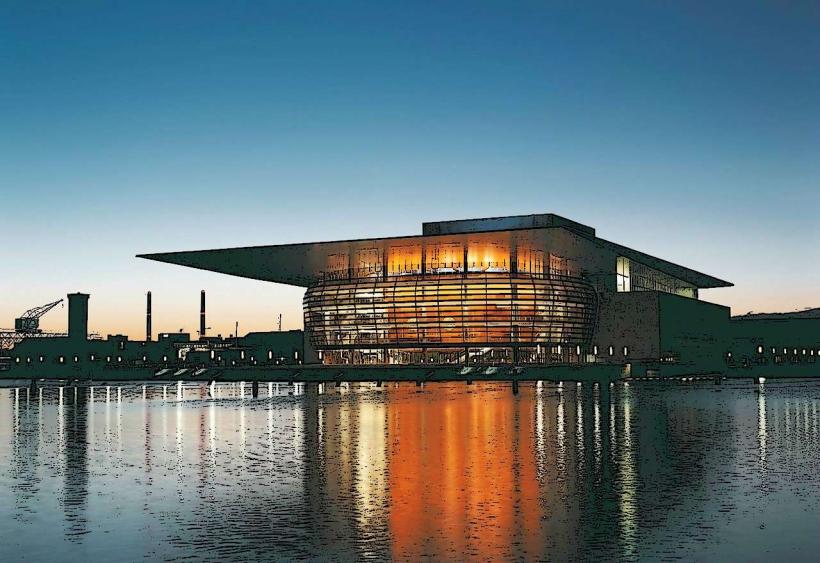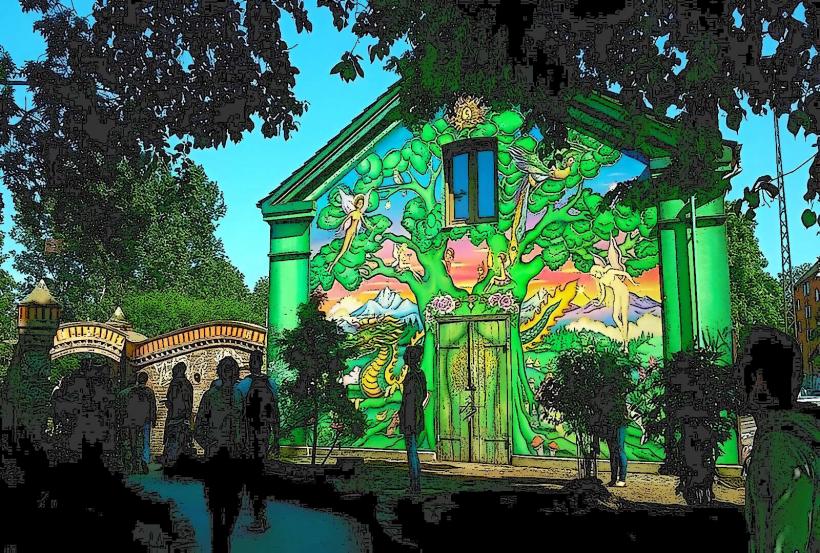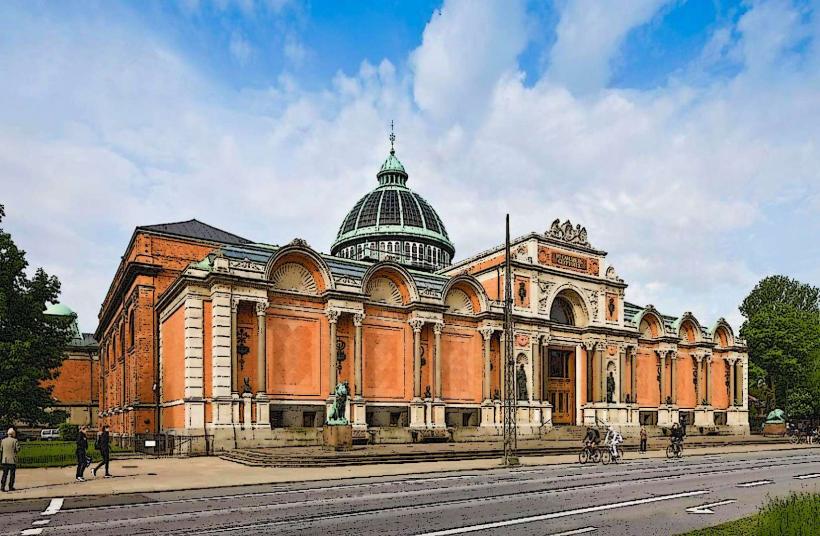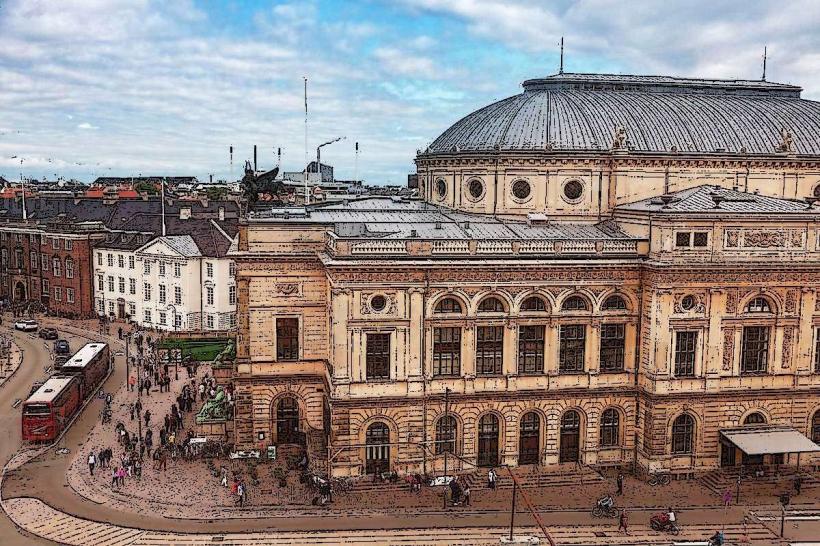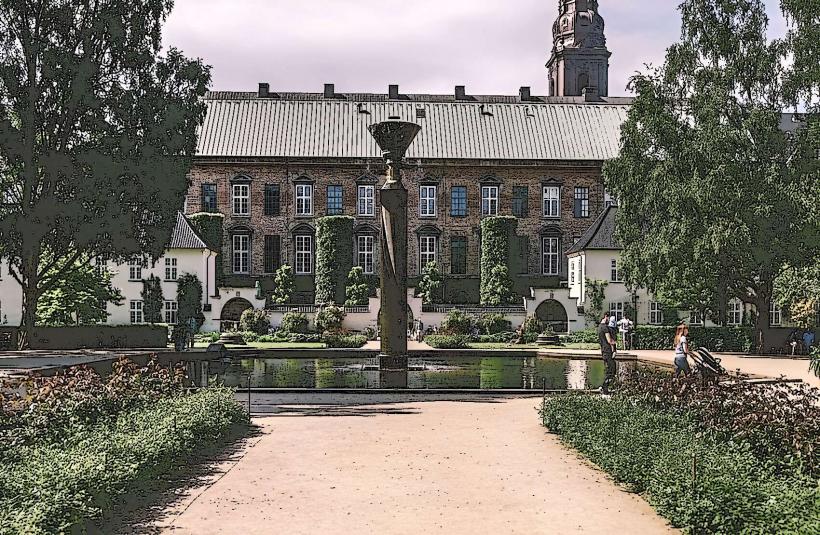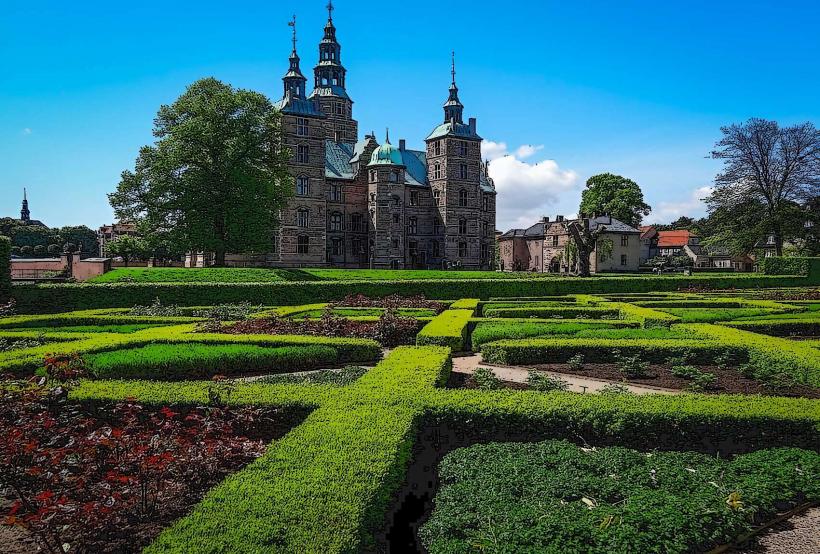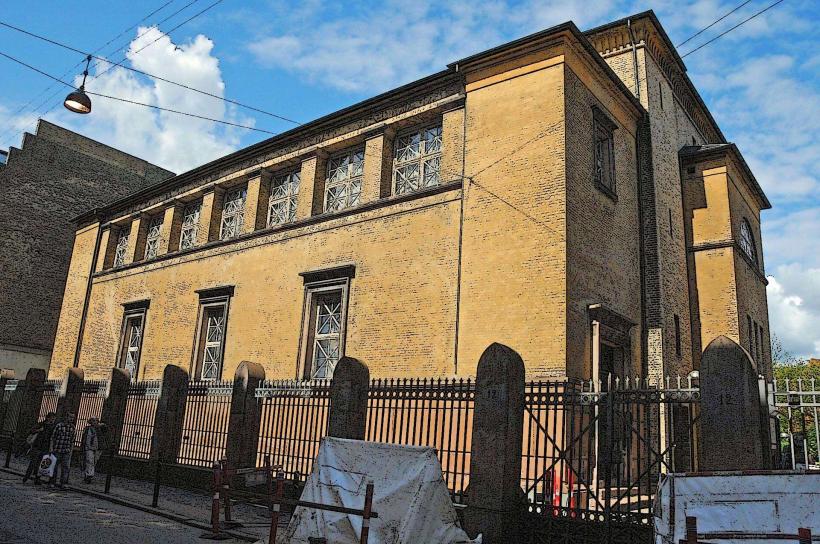Information
Landmark: Royal Danish Arsenal MuseumCity: Copenhagen
Country: Denmark
Continent: Europe
Royal Danish Arsenal Museum, Copenhagen, Denmark, Europe
Visual Characteristics
The museum is housed within a large, rectangular brick building constructed in the Renaissance style. Its exterior features red brick walls, a grey slate roof, and multiple stories with regularly spaced windows. The structure is characterized by its robust, functional design, reflecting its original purpose as an arsenal.
Location & Access Logistics
The museum is situated at Tøjhusgade 3, in central Copenhagen, adjacent to Christiansborg Palace. It is approximately 0.5km from the city center. Limited street parking is available, with paid parking garages such as BLOX P-hus located within 0.3km. Public transport options include bus lines 2A, 26, and 9A, with stops nearby. The nearest Metro station is Gammel Strand (M3/M4 lines), approximately 0.4km north.
Historical & Ecological Origin
The building was constructed between 1604 and 1606 under the reign of King Christian IV. Its original purpose was to serve as the Royal Arsenal, storing weapons, artillery, and military equipment for the Danish army and navy. It functioned as a working arsenal for centuries before being converted into a museum.
Key Highlights & Activities
Visitors can explore the Cannon Hall, which houses a collection of historical artillery pieces. Exhibitions display a wide range of firearms, swords, and armor from the 16th century to the present day. Uniforms and military equipment from various Danish regiments are also on display.
Infrastructure & Amenities
Restrooms are available on-site. The museum is an indoor facility, providing ample shade and shelter. Cell phone signal (4G/5G) is generally strong throughout the building. A small cafe is located within the museum, and numerous restaurants and cafes are available in the surrounding area.
Best Time to Visit
The museum is best visited during the morning hours to avoid larger crowds. The months of April to May and September to October offer pleasant weather for exploring Copenhagen before or after a visit. Tidal conditions are not relevant for this indoor landmark.
Facts & Legends
The museum's main hall, the Cannon Hall, is one of Europe's longest vaulted halls, measuring approximately 163 meters in length. It was originally designed to store the king's artillery and served this purpose for over 300 years.
Nearby Landmarks
- Christiansborg Palace: 0.1km North
- Danish Jewish Museum: 0.05km West
- Thorvaldsens Museum: 0.2km North
- National Museum of Denmark: 0.5km West
- Ny Carlsberg Glyptotek: 0.8km Southwest


